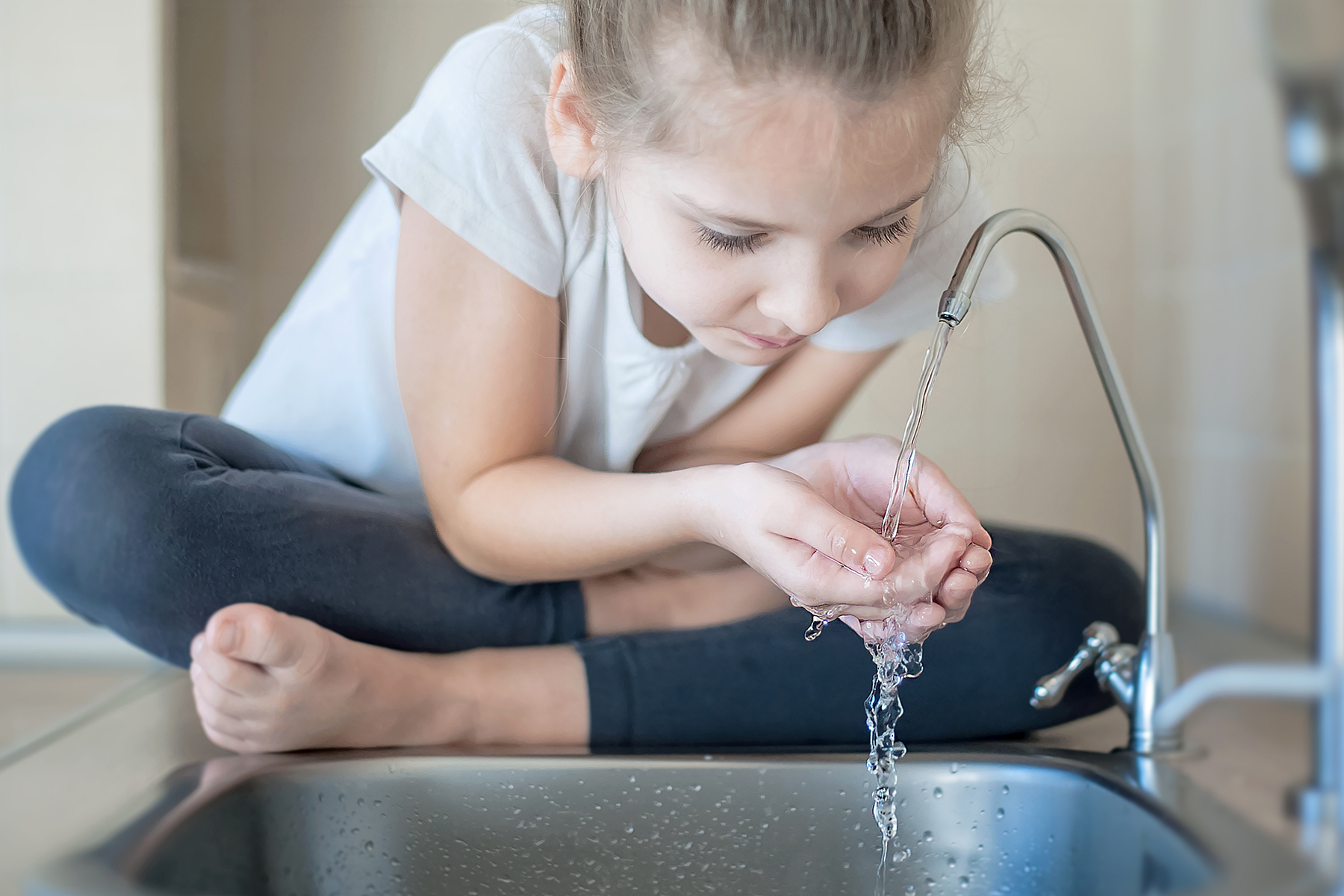(Estimated reading time: 4,27 minutes) – Audio version of article available.
Water is vital. In other words, there is no life without water. It guarantees the survival of all living beings. In 2010, the United Nations (UN) recognised access to water and sanitation as a right. Specifically, it decreed that “all human beings are entitled to between 50 and 100 litres of safe, affordable water per person and per day, and this access must be less than 1,000 metres or no more than one half-hour from their home.” This is also Sustainable Development Goal (SDG) number 6 (UN).
However, over 40% of the world’s population suffers from water scarcity. With climate change, drought periods are growing longer and more intense in many areas around the planet. In Spain, the report “Impacts and Risks Stemming from Climate Change in Spain”(MITECO, 2020) also corroborates this trend in our country. Not only is the rain pattern changing; increased temperatures are also increasing evapotranspiration. As a result, the flow of our most important rivers has been reduced.
Sustainable management of water resources is fundamental to preserve our biodiversity (Fundación Biodiversidad). We must invest in resilience plans and plans to adapt to the impacts of climate change, support innovation and technology, and double down on environmental education and training. This is also a sector that creates wealth and jobs. According to the UN, 1.5 billion people work in sectors related to water, which translates to half the workers in the world (UNESCO, 2016).
Using Artificial Intelligence to fight the threat of drought has opened the door to interesting tools to model the climate or drought-prediction systems. In the city, AI can be applied to urban drainage, and in agriculture, one of the most endangered economic activities in Spain due to climate change, it can be used for applications such as smart irrigation or to forecast demand in irrigator communities. These developments are an essential aid for modernising and the sustainability of the sector.
The “Notebook of Artificial Intelligence Applications in the Water Sector” (Fundación Canal, 2020) includes 20 initiatives on how applying AI to water management helps to achieve greater sustainability throughout the entire process, from monitoring water flow in the distribution network system to prevent leaks, to forecasting rain and calculating humidity to make crop irrigation more efficient.
The national strategy “Spain 2050” (Moncloa, May 2021), presented by the Government in May 2021, states that if our country does not urgently take strong measures, droughts will spread to 70% of Spanish territory and 27 million people will live in areas with water scarcity.
We must speed up the transition toward a circular economy in all sectors. We must remember that how we generate energy and produce and consume goods and services also uses water. In general, the strategy sets forth that we must “reframe how we are using water, reduce the waste we generate as much as possible, bank on ecological agriculture, and drive green taxation. We must do so in record time, without reducing the competitiveness of our economy.” This maxim is entirely applicable to water resources in particular.
It is important that all citizens become involved in caring for this extremely valuable resource. Not leaving the tap open, showering instead of bathing, keeping household plumbing in good order, watering at sundown, etc., are all good water-saving habits. Because, drop by drop, a great deal is wasted: “Using the washing machine when completely full can save us more than 3,000 litres per month. A tap that drips water can lead to 30 litres in waste per day” (Fundación Biodiversidad, 2018).
Once again, the response to the challenges of climate change and the environmental crisis is the green economy, a way to adapt and to continue creating wealth and jobs.




